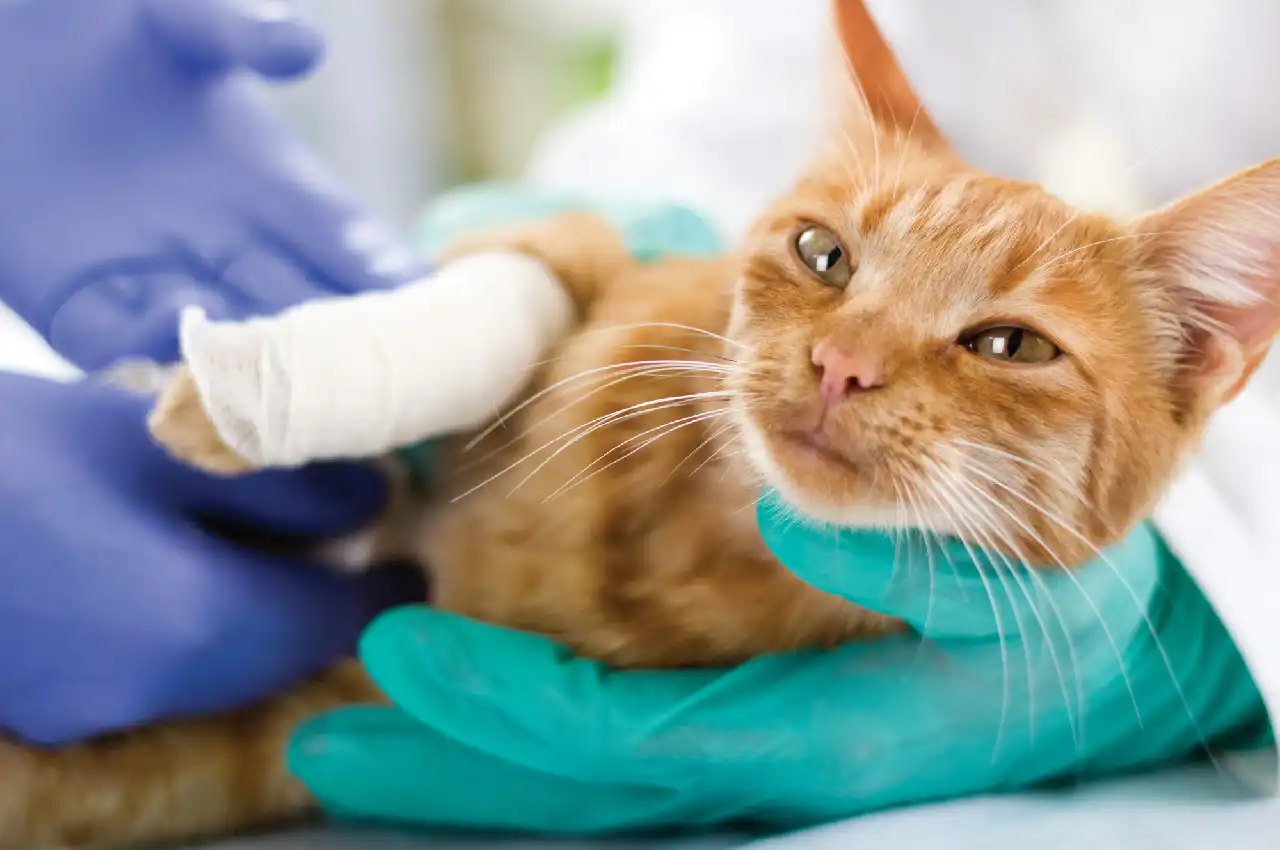HEALTH
Pet Health: How to Choose the Best Diet for Your Pet

Pet Health
Pets are an essential part of the American family. Millions of households own one and expect excellent healthcare for them.
Your furry friend deserves only the best nutrition so they can be their happiest and healthiest self. They depend on us for their care and sustenance.
As fur parents, you often struggle to choose the proper diet for them, especially with many options. And there are several factors to consider and aim for optimal pet health.Purchasing kitten milk online from reputed brands can help provide your pet with the right nutrition that helps with their balanced growth.
We can help you make the right decision. We’ll go over what to look out for below. Read on.
Examine the Ingredients for Pet Health Protection
Watch out for fillers, preservatives, and artificial flavors. Also, avoid food brands that contain excessive amounts of carbohydrates and grains. They can cause gastrointestinal issues in some pets.
Look for quality ingredients, such as:
- whole grains
- meat and fish
- fresh fruits
- fresh vegetables
- natural fat and oils
Choosing one that is balanced and complete, containing essential vitamins and minerals, is also important. Finally, look for pet food that they formulated according to the:
Age
Preferably, it would be best to tailor your choice to the pet’s age to ensure the best nutrition. For example, chicken and rice or lamb and rice formulas are excellent for younger ones. It is because they contain more protein to support their natural growth.
Senior diets often feature glucosamine and fatty acids to promote joint health as they age. For adults, food should be lower in fat and calories to prevent obesity.
Breed
Different breeds have unique dietary needs. Generally speaking, the diet for smaller species should contain more protein and fewer carbohydrates due to their higher metabolic rate. Larger ones require more carbohydrates because of their slower metabolism.
Additionally, different breeds will be more likely to develop specific health issues such as obesity and diabetes, especially in dogs. It is also essential to be aware of any allergies your pet may have that particular food ingredient could exacerbate.
Size
For larger pets, pick a high-protein diet with enough calories to sustain their large size. Smaller pets may need a smaller kibble size that is easier for them to chew and digest.
Activity Level
Start by assessing your pet’s daily physical activity level and then adjust your food choice according to what it needs. For example, a diet of around 30% protein and 10-15% fat content suits an active one. Additionally, you can opt for a little more fat content if it requires more energy.
Commercial vs. Homemade
Generally, the two main alternatives are commercial and homemade diets. Commercials are mass-produced, pre-made foods that you can buy from pet stores and veterinarians. Homemade are foods you prepare at home from individual ingredients.
When choosing between these two types of food, aside from checking the ingredients and contents, consider also the following:
Level of Convenience
Commercials are often more convenient as you only pour it into a bowl or can, and are ready to serve. They also provide comprehensive nutrition, and the Food and Drug Administration(FDA) regulates them.
Homemade diets, on the other hand, require more time and energy to prepare. You must know your pet’s nutritional needs as you will do it independently. The level of convenience depends on the amount of time and effort you are willing to put into researching and creating a specific meal plan.
Cost Per Serving
Commercials offer convenience and peace of mind since they meet all nutrition needs and caloric levels. But homemade is often cheaper, and you can adapt to meet your fur’s unique demands.
Follow Veterinary’s Guidance On Pet Diet
Your veterinarian can guide the best types of food to ensure your furry friend gets the proper nutrition. They can also tell which ones to avoid if your pet has allergies or sensitivities.
Additionally, they can point out which ingredients are beneficial for particular health issues, such as joint pain and skin health. Finally, your vet will have the knowledge and experience to determine whether they should have a special diet or is a good candidate for commercial pet food.
Furthermore, vets provide comprehensive healthcare for animals. Healthcare and nutrition are long-term investments, so look for affordable healthcare for pets to help you.
The Role of Free-Choice Feeding
Free-choice feeding involves allowing your pet to make choices about their food and snacks throughout the day. By giving them the freedom to choose the food they enjoy, you’re more likely to ensure they are receiving essential nutrients and calories. It can also help reduce begging and food stealing since the food is always available.
Additionally, self-regulating their food intake allows them to eat when hungry and stop when complete, helping avoid obesity. When free-choice feeding, it’s vital to offer a variety of foods for them. It allows for nutrient-rich and balanced meals.
Happy Pets Are Healthy Pets
Your pet’s diet dramatically affects their energy levels and longevity, so it is vital to understand their nutritional needs. In addition, you should know how to select the right food to avoid possible pet health issues.
They need a balanced diet, and there are lots of options to choose from. While a one-size-fits-all approach is impossible, you can work with your vet to determine the best diet for your pet’s age, size, and breed.
Don’t wait; act today to start your pet on a healthy lifestyle!
Aside from this article, our site has tons of information. Check out some of our other blog posts for more exciting content.
Having completed my education in English, I’ve cultivated a successful career as a content writer. My tenure includes valued collaborations with distinguished professional organizations, reflecting my commitment to producing high-quality content.
Contact me on this mail: [email protected]










